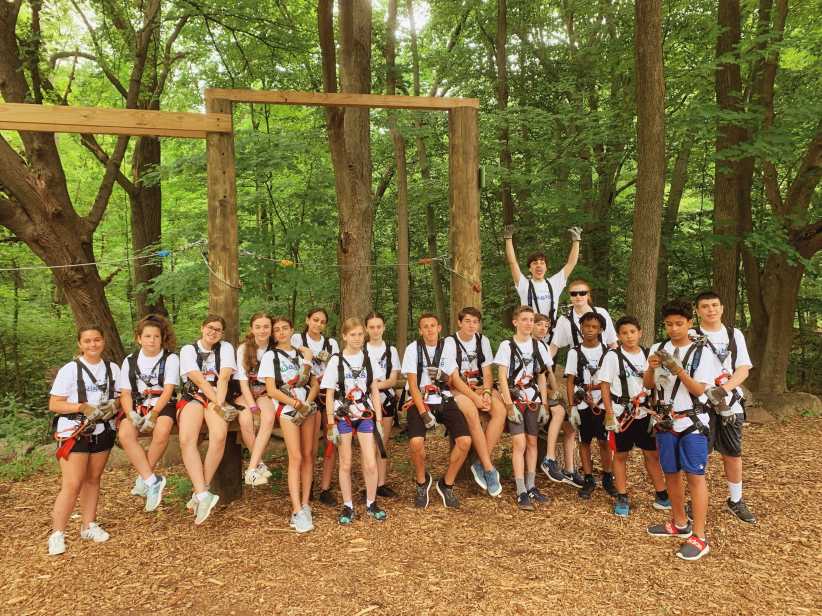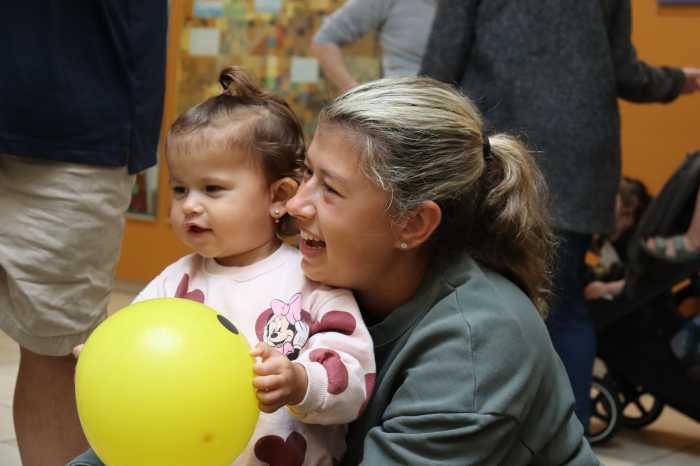When the kids are in high school, some have curfews, some are limited in their nocturnal Manhattan maneuverings, some have parental driving restrictions, and some are involuntarily homebound on weeknights because they have homework and school the next morning. Concerned parents know the deadlines for papers and the dates of upcoming tests. They set limits on television and Facebook time, and help their students set priorities. Their children are still young and need the guidance. But, what happens when these “children” have already left for college, are 18 or older, and come home on vacation? It seems as if all bets are off!
There are helicopter parents who continue to be acutely aware of all college papers, tests and assignments, although many of us are happy to relinquish all of that control to our young adults, hoping they will learn to manage independently. Most of us allow our students, while at school, to wake themselves up for class and manage their own social schedule.
But then winter break arrives, and home they come, many for weeks at a time. These students have experienced a very big bump up in independence by going away to college, and both parents and children are somewhat confused about what rules, if any, should apply. After all, they left as children, and in their minds, they have come back as self-sufficient young men and women. Conversely, it is very hard for parents to acknowledge a total transformation in just a few months.
Truth be told, as parents, my husband and I have seen signs of new-found maturity in both of our children after the first time they returned from college. There is definite growth that differs from the kind of small step toward independence we had seen after sleepaway camp or a pre-college program. And yet, as other parents agree, children do not return as our peers after only a short time away at college.
These weary warriors arrive home after exams, ready to sleep, blow off steam, and have some fun. Theoretically, they were having some fun while away at school, but I have heard that it does not take the place of visiting with their hometown friends. So, they arrive home eager to sleep and see their old friends, while their loving parents await them anxiously, looking forward to their time together. Parents often have plans for them to go shopping together, see movies, get check-ups, and visit with relatives. Hence, there is a clash of expectations.
“Communication is the foundation for the next step of student-parent relationships,” says Linda Bips, director of counseling and faculty at Muhlenberg College, and author of “Parenting College Freshmen: Consulting For Adulthood.” She specializes in the transition issues of college students and their families. She advises parents to set aside a time as soon as practicable after the student returns home, to come up with a game plan to satisfy both the student and the parent.
Lori Hiller, a Brooklyn social worker, agrees, recognizing the need for negotiation and compromise. Hiller recommends that parents give their returning students advance notice of family plans to take place “during daytime hours.” I myself prefer to tell my college students about important family plans even before they come home, out of consideration for them and just in case they actually plan something in advance.
Of course, others disagree.
“If you plan two weeks ahead and constantly remind them…they will feel like you are cramping their style and nagging them to do things they do not want to do,” says Mary Spohn, in her book “What To Expect When Your Child Leaves For College, A Complete Guide For Parents Only.” She recommends keeping to your own plan to visit the relatives and casually inviting your son or daughter to join you. I agree that nagging is not the answer, but I do believe that college students sometimes lose sight of how long it has been between visits and might need to be reminded of how much their visit could mean to an elderly grandparent. I think the key is to discuss it with them, trying to avoid making demands, and keeping the visits short.
There are some family obligations which would have been obligatory when my kids were younger, which I now leave for them to decide. When our son was a college freshman, my husband and I allowed him to skip our family trip. As much as we would have loved his company, he does not enjoy a fun-in-the-sun vacation. We knew we would still have ample time to see him during the remainder of his time home, and he had been miserable the year before when we dragged him along. So, unhappy as we were, we agreed to his request. Still, certain family events are non-negotiable.
Experts seem to agree that teens might be more amenable to family time if it does not encroach on their nights out with their friends. Maura Condon Umble, director of Parent Relations at Franklin and Marshall College in Lancaster, Pa., suggests that parents spend afternoons and early evenings with their students, if they are able, and make a concerted effort to have dinner together as a family, as often as possible. She also suggests that parents invite some of their student’s high school friends over to dinner.
As to curfews, opinions vary. Hiller recalled that her parents imposed a “curfew on the car,” but not on her. She needed to return the car to the family’s driveway by 1 am, and after that, she was free to stay home or go out again. Hiller believes in encouraging independence and not interrogating the students about who they were with, if a parent was present, and who was driving.
One friend confided that as long as she knows where her daughter is and that she is safe, she will not quibble with her as to the gender or identity of her companions. Another allows her college sophomore to stay out as late as he wishes, as long as he is in his bed at home when she wakes up. Condon recommends a late curfew, allowing for plenty of time with friends, while providing parents some reassurance that their student is home safe. Although, she says, “not many good things happen after 2 am.”
Condon agrees that these young scholars should be allowed to catch up on their sleep, while cautioning that “sleeping in has a limit, as well.” I have observed that college students could sleep until 1, 2 or even 3 pm. After all, they have a lot of sleep to catch up on, and they are tired from their late nights out socializing. Still, their social schedules conflict with the normal rhythms in the house, as their arrival home in the dead of night disrupts much-needed sleep for other family members, and their sleeping in eats away at any communal daytime family activities. So it is essential that parents and college-age children come to an agreement, and be as accommodating as possible.
Even though it is their vacation time at home, these young adults need to remember they are still part of a family unit. At the same time, their parents need to recognize their young adult’s growing need for independence, and should give him some space. Some parents even admit that they are relieved when their kids returns to college, and everyone is back to their normal routine.
Nonetheless, most every parent will acknowledge that they look forward to each and every time their college student walks through the door after months away. Despite all the drama, there is nothing like getting that long-awaited hug and the chance to catch up, face to face.
Risa C. Doherty is an attorney, freelance writer, and the mother of two college students. She was honored this year with a Silver Investigatory Award from Parenting Publications of America (now known as Parenting Media Association).













